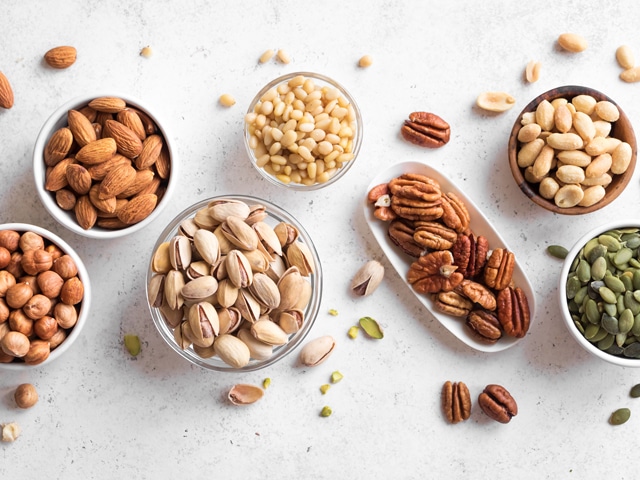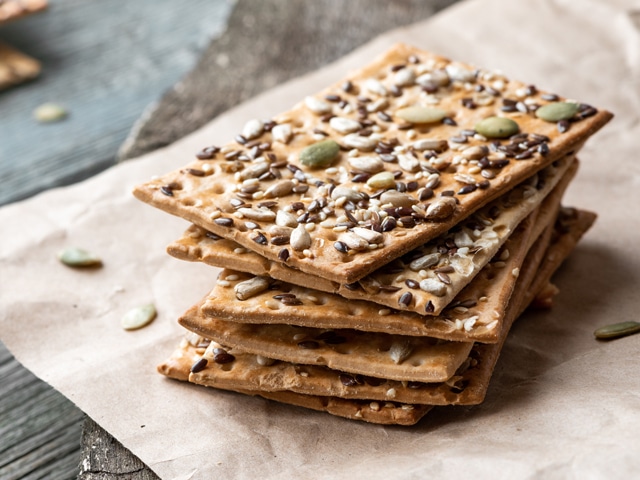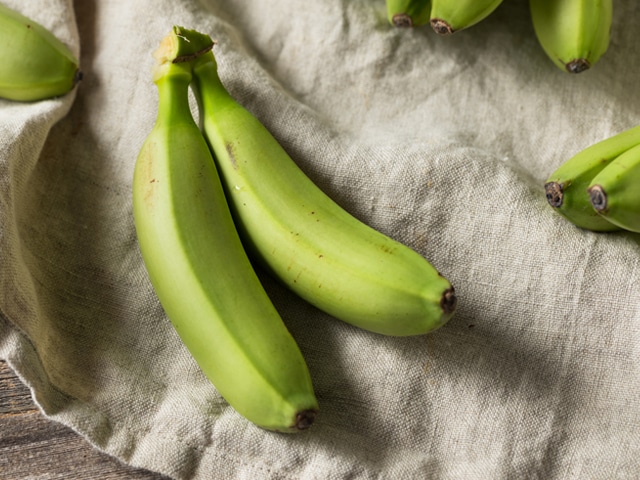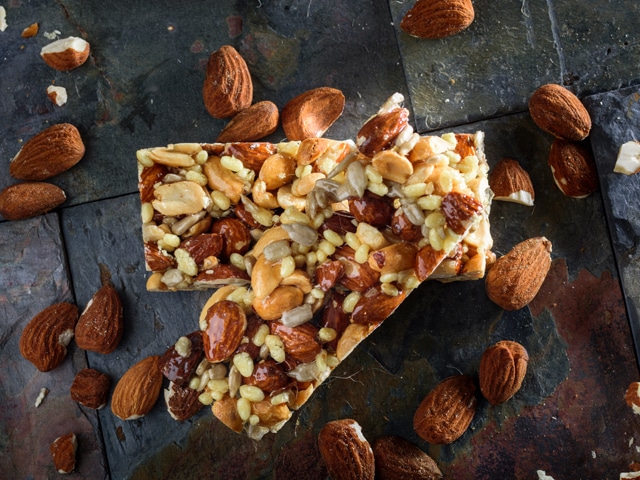Sometimes the only place to grab a bite to eat is in your car. Whether it’s your daily commute, running errands, or a road trip, eating in the car is often a necessity. Without preparation, it’s rarely the healthiest choice as we look to fast-food and convenience store options to get us by.
Tricia Neus, MPH, CHES, CHW, program coordinator and wellness coach at Methodist Dallas and Methodist Mansfield Medical Center works with patients every day to create healthier lifestyles and says that with a little planning, you can have healthy, nutritious options ready to go in your car.
“When putting together snacks for the car, you have to consider certain factors,” Neus says. “Some of your go-to snacks might not work in the car when you take into consideration the temperature inside the car — too hot or too cold — shelf life, and even messiness.”
Start with nutrition
It’s easy to overlook nutrition when you see all the prepackaged snack foods at the store.
“Snack choices that have either protein or fiber or both are your best bets,” Neus says. “They will help you feel full longer and maintain your energy levels. If you are on a longer trip, the fiber will help keep your bowels regular, a common challenge when traveling.”
High-protein and high-fiber foods can be high in calories or fat too, so portion sizes are key to not overindulging on snacks in the car. Purchase single-serving sizes or DIY using small baggies.
Stock your snack stash
Now that you know what kinds of snacks to choose, here are some ideas to help add variety to your healthy snack choices.

- Nuts: Almonds, pecans, cashews — they are all good sources of fiber, protein, and healthy fats. Unsalted options are best, and remember, a handful is about the daily suggested portion.
- Chips: Always choose popped varieties over fried or baked. Single-serving–sized bags will help you manage your portions.
- Oatmeal: Individual serving packets are now marked with “fill lines” for hot water, which is available at most coffee brew stations in convenience stores. Just don’t forget to pack a spoon!

- Crackers: Find brands that offer both nutrition and flavor to keep this snack healthy. Descriptions like “multigrain,” “high in fiber,” and “no added sugar” can help you choose
- Jerky: The options have grown beyond just beef! Consider trying turkey, chicken, bison, or salmon jerky. For beef, look for nitrate-free brands. Not a jerky fan? Try precooked bacon snack packs.

- Fruit: Consider buying green bananas at the beginning of the week and keeping them in your car — they should last all week. Apples can last a few days. Need something to last longer? Freeze-dried fruits keep fresh for much longer, especially when stored in a dark place.
- Tuna pack: These ready-to-eat pouches are nutrient dense, can be kept in the car for an extended period of time, and come in dozens of flavors. Not a tuna fan? There are also chicken and salmon pouches available. Plus, they have condiments included for easy fixing in the car.
- Protein drinks: If you prefer to drink on the go instead of snacking in the car, consider stashing protein shakes or drinks in the car. Since most brands don’t require refrigeration, they are a great on-the-go snack option.

- Energy bars: Skip the brands with a lot of ingredients. Look for options that are made with a few, simple ingredients (think nuts and fruit) and without added sugar.
- Fruit and veggie pouches: What started as a trend in baby food has expanded way beyond itty-bitties. These super-nutritious, simple-to-eat meal pouches come in so many flavor combinations, there is one out there for everyone. Bonus: You can buy reusable pouches and make your own at home!
- Nut butters: These creamy treats have taken center stage in many nutrition discussions and rightly so, as they are incredibly rich sources of healthy fats and protein, among other nutrients. Individual packets have become more popular on store shelves and are perfect for keeping in the car.
Taking a longer trip?
If you’re planning to hit the open road for several hours, this changes up your travel snack lineup.
Did you know that your body swells when you travel? Long distances in the car mean sitting for long periods of time. Neus advises avoiding high-fat and sodium-rich foods, like chips and cookies, as they can make swelling worse.
Traveling also dehydrates the body. Drinking water and limiting caffeine will reduce the effects of dehydration while you’re on the go.
Gather supplies! Paper towels, wet wipes, hand sanitizer, and a sealable bag for trash and containing food smells can help you manage mealtimes in the car.
“Snacks in the car don’t have to be boring or unsatisfying; you just have to do the legwork beforehand,” Neus says. “It’s all too easy to make poor food choices when we are in the car and hungry. A little preparation to keep your car stocked with snacks will go a long way in eating better on the road.”
Need to fuel up before that day on the road? Try these quick picks for a healthy breakfast.

